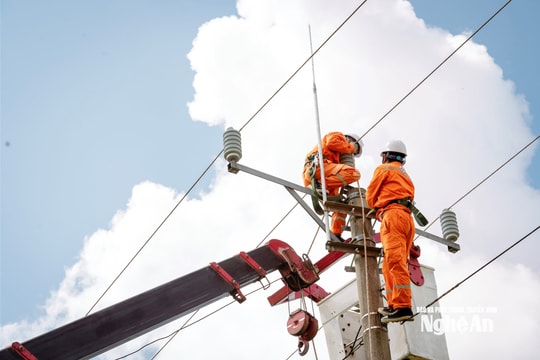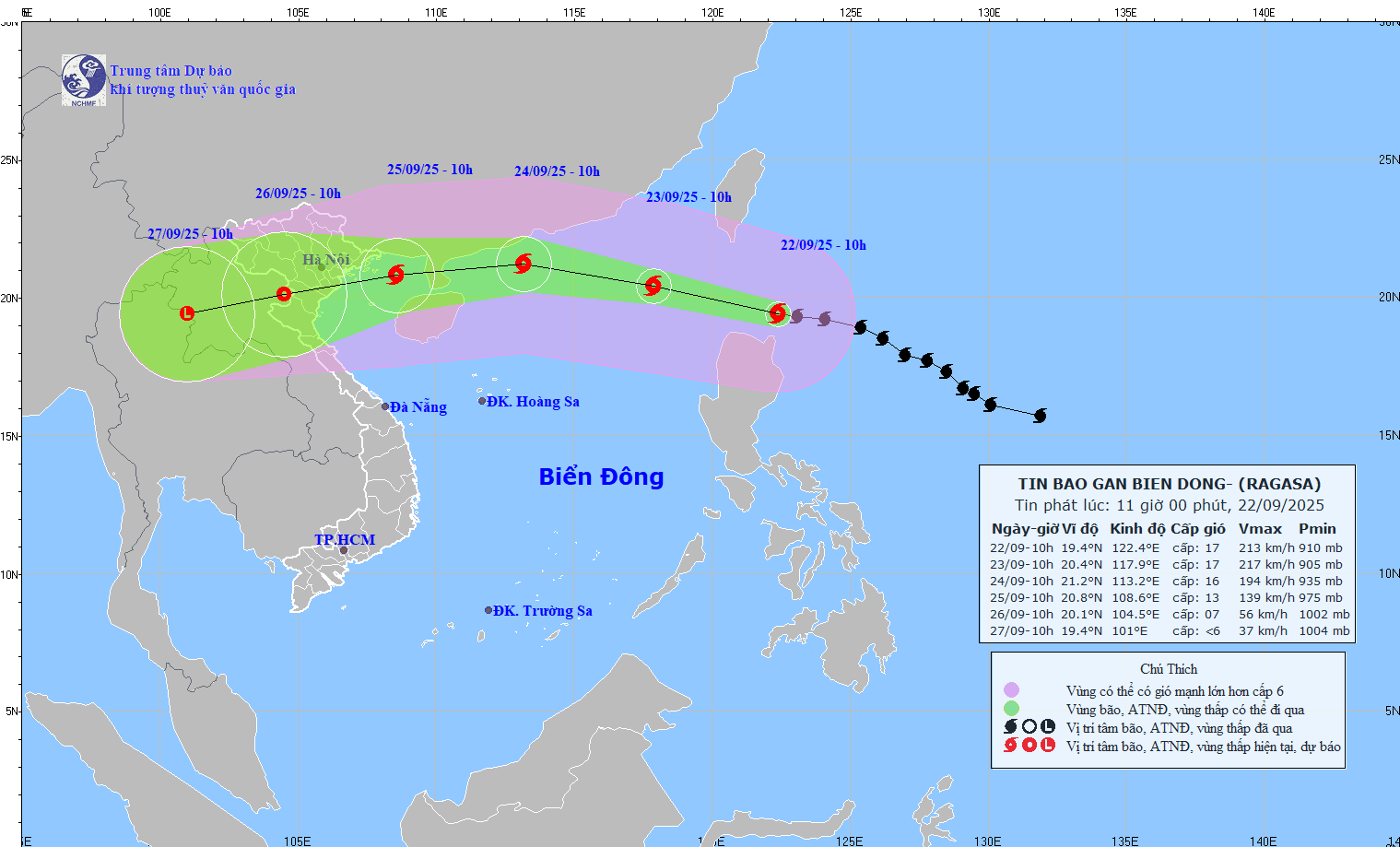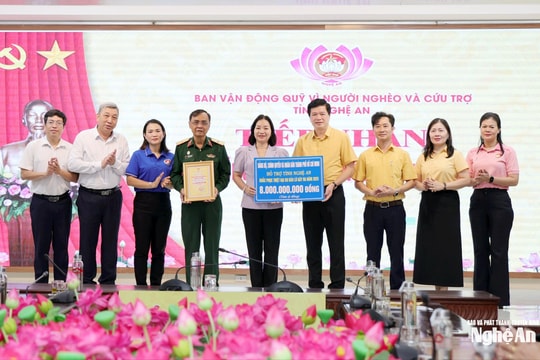Professor Dang Hung Vo: Vietnam has not done a good job of managing risks caused by natural disasters from the sea.
(Baonghean.vn) - I often write for Nghe An Newspaper with admiration for the arid land that has produced great intellectuals for the country. That land is still called arid, but today it often has to struggle against storms and floods. At times like that, land and crops are lost, houses are dilapidated and crooked, human life is fragile before the anger of nature.
I write this article with a very sad feeling when listening to Vietnam Television talk about the damage caused by storms and floods in the central coastal region. When I was a child, I used to hear the elders say that after the Mid-Autumn Festival, the storms would end. Now things are much different, sometimes the Mid-Autumn Festival only starts with big storms, one after another, people are not able to handle it. Climate change has come earlier than predicted.
Storms and floods caused by nature are heartbreaking, but the development of small and medium hydropower plants in the Central region has created many disasters that are still called "man-made disasters" such as water discharge causing floods, landslides, combined with "natural disasters" - considered as a double disaster, not "symbiotic" but "combined losses". Very sad!
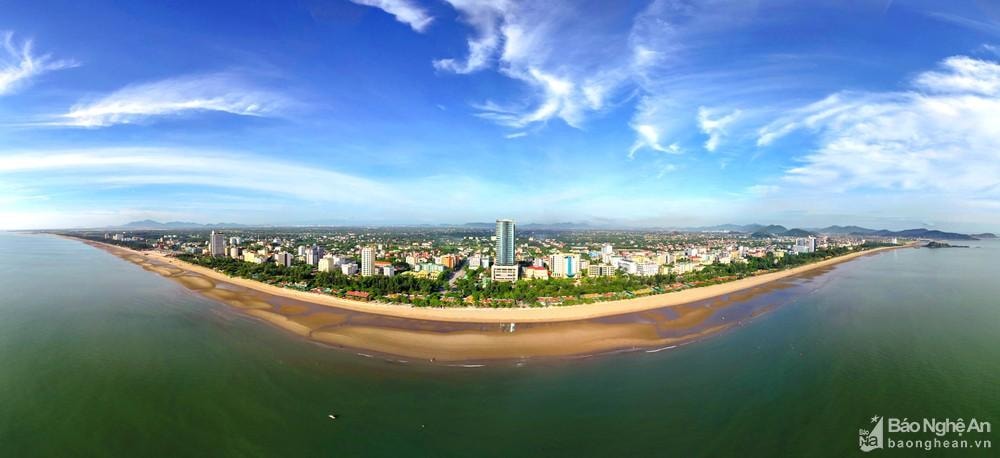 |
View of Cua Lo beach. Photo: Le Quang Dung |
Up to now, everyone knows that the marine economy has had many positive changes, many new economic types have been formed such as marine agriculture; electricity production industry using renewable energy from ocean waves and tides; modern marine tourism... When the economy develops, it always makes coastal urban areas develop, and forms of marine urban areas are formed, such as coastal urban areas, island urban areas, urban areas on the sea surface and urban areas under the sea. Many countries have taken the strategy of developing the sea first as a springboard for developing mountainous areas.
From the great economic potential and coastal urban development, people often optimistically think about a more prosperous life. In fact, thinking about the great potential of the marine economy is only positive when it can withstand natural disasters from the sea. Let's think about it, a whole year of hard work can earn 100 dong, but when the storm and flood season comes, it can take away 50 dong, which is not much. Moreover, people also have a feeling of being overwhelmed when the rainy season and storms come. Vietnam has not done a good job of managing risks caused by natural disasters from the sea.
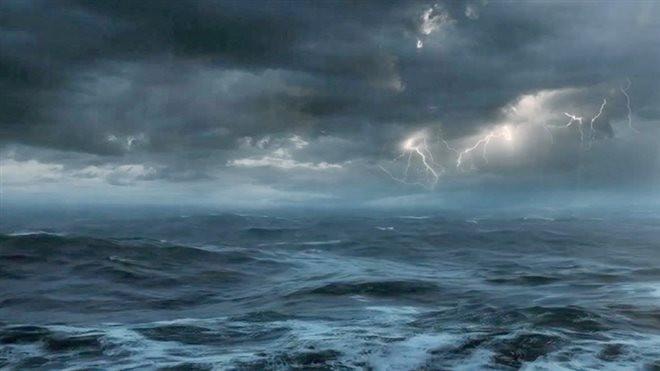 |
Vietnam has not done a good job of managing risks from natural disasters coming from the sea. Illustration photo: Internet |
In October 2020, the World Bank completed a study on disaster risks and solutions for Vietnam's coastal areas. The report is titled "Strengthening coastal resilience: Vietnam's coastal development - opportunities and disaster risks". From practice, this report pointed out that "Despite significant progress, Vietnam's current disaster risk management measures do not meet the requirements".
The report found that “11.8 million coastal residents are at high risk from major flooding and 35% of residential areas are located in landslide-prone areas; each year, the economy suffers $852 million (0.5% of GDP) in economic losses and 316,000 jobs due to river and coastal flooding.”
The World Bank report above proposed 5 recommendations for Vietnam. Firstly, it is necessary to establish and strengthen the data system as a tool to support active decision making. Data is an indispensable factor to know the resilience of locations, from which it is possible to find reasonable solutions for planning, monitoring and evaluating the implementation of planning and forecasting accidents caused by natural disasters that may occur.
Second, focus on coastal planning based on analysis of economic advantages and natural disaster risks. At this time, the planning problem really needs coastal survey data to clarify the ability to exploit the marine economy and the ability to cope with risks caused by natural disasters that may occur in coastal residential areas and economic zones.
Third, strengthening the resilience of coastal infrastructure and public services. This is an appropriate approach to building infrastructure and public services systems for coastal areas. These systems must ensure sustainability in operation, taking into account the resilience to possible natural disaster risks.
Fourth, take advantage of natural solutions, which means not approaching in a way that goes against nature but approaching in a way that discovers natural laws in order to rely on those laws to exist and develop.
Fifth, improve prevention, response and recovery capacity. This means we must have plans to detect, prevent, respond and have effective recovery solutions when natural disasters occur.
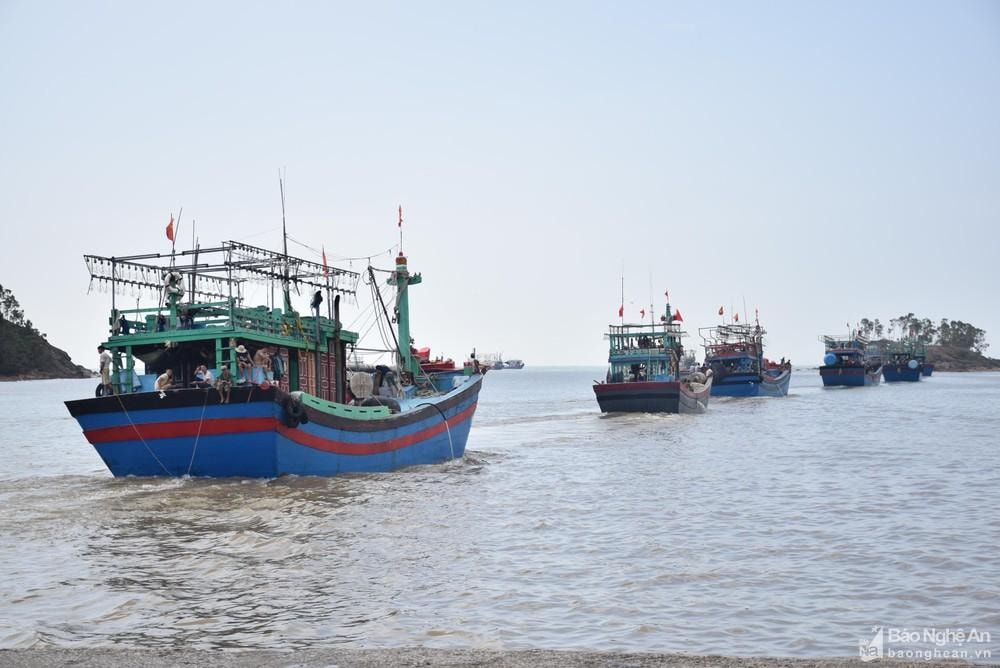 |
Ships set sail. Photo: Xuan Hoang |
These recommendations will certainly help us upgrade our thinking and specific planning for urban and rural development in our country's coastal areas. The great economic potential in a more peaceful international context is an advantage, but natural disasters in the sea are still a great risk to the people. We place great hope in the smart development process that will help find solutions to prevent the negative effects of natural disasters in the sea.
In our country, on October 22, 2018, the Central Executive Committee of the Party (12th tenure) issued Resolution No. 36-NQ/TW on the strategy for sustainable development of Vietnam's marine economy to 2030, with a vision to 2045. The Government issued Resolution No. 26/NQ-CP on February 5, 2020, with the content of proposing key solutions for sustainable development of Vietnam's marine economy.
The Government's Resolution has provided specific solutions for infrastructure and tourism development, encouraging people to change their jobs to tourism services; developing a seaport system and maritime economy to ensure high quality and low cost; developing marine industries such as shipbuilding and repair, petrochemical refining, energy, mechanical engineering, etc.; continuing to develop the oil and gas exploitation industry and marine mineral resources; developing science and technology and training high-quality human resources to serve the sustainable development of the marine economy.
As mentioned above, our policy is more concerned with the economy, and has not yet focused on strengthening the resilience of the coastal area against all natural disasters from the sea, including eliminating "man-made disasters" that may be caused by economic development. The economy can only attract people when people are not afraid of the announcement of a storm about to hit the mainland. Residential areas need to be planned and relocated to safe places so that people can truly feel secure.

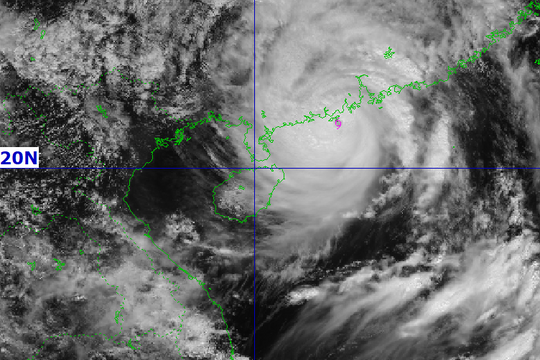
.jpg)
